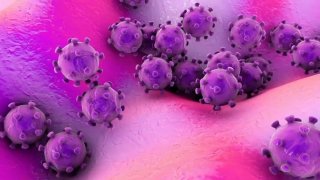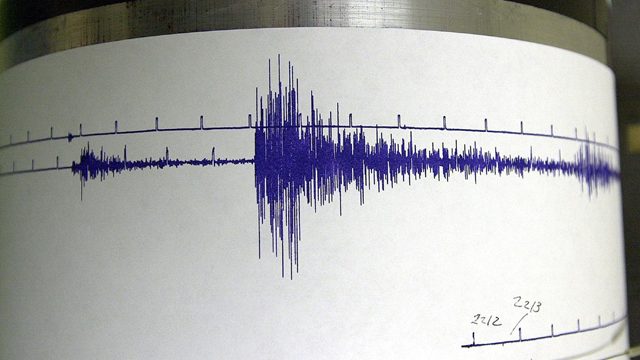
UC San Diego announced today that technology known as "nanosponges" developed by its engineers could work as a decoy to attract the virus that causes COVID-19 and divert it from infecting human cells.
Researchers say lab experiments conducted at Boston University have shown promising signs that the nanosponge platform inhibits SARS-CoV-2's viral infectivity, or its ability to enter host cells and replicate the virus.
The nanosponges are cloaked in membranes from human cells such as lung
epithelial and immune cells, which the virus would latch onto instead of actual human cells. UCSD says experiments have shown both lung cell and immune cell types of nanosponges have caused the virus to lose nearly 90% of its viral infectivity.
Liangfang Zhang, a nanoengineering professor at the UCSD's Jacobs School of Engineering, said the nanosponge platform was created more than a decade ago, but researchers recently began looking into its potential applications against COVID-19.
"Traditionally, drug developers for infectious diseases dive deep on the details of the pathogen in order to find druggable targets. Our approach is different. We only need to know what the target cells are. And then we aim to protect the targets by creating biomimetic decoys," Zhang said.
Researchers anticipate the nanosponges would also work against new mutations of the coronavirus.
"Another interesting aspect of our approach is that even as SARS-CoV-2 mutates, as long as the virus can still invade the cells we are mimicking, our nanosponge approach should still work. I'm not sure this can be said for some of the vaccines and therapeutics that are currently being developed," Zhang said.
Local
The efficacy of the nanosponges will be evaluated in animal models in the next few months, although "significant" testing must be done before its efficacy in humans can be tested, according to UCSD.



